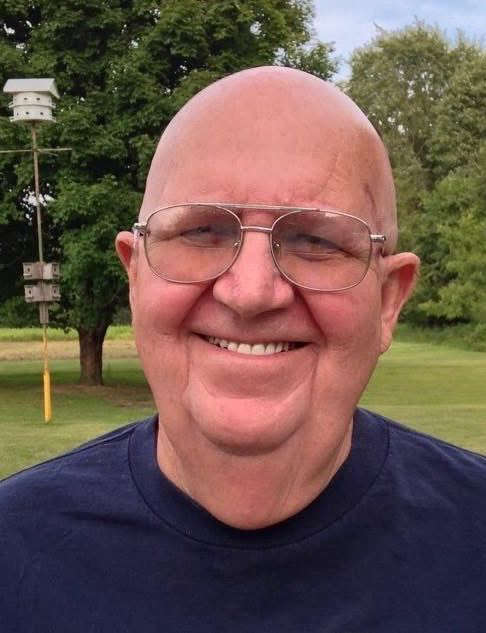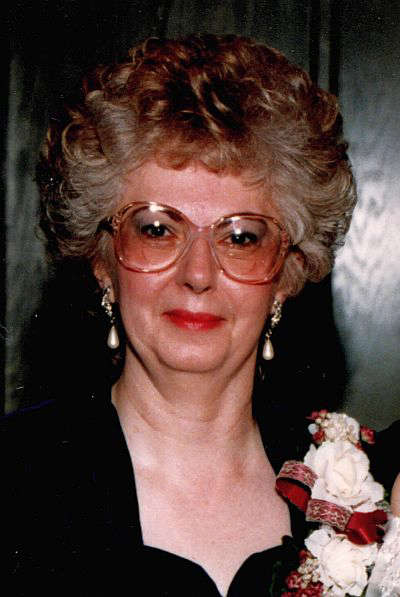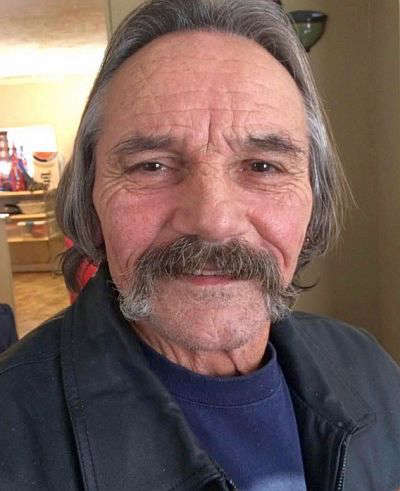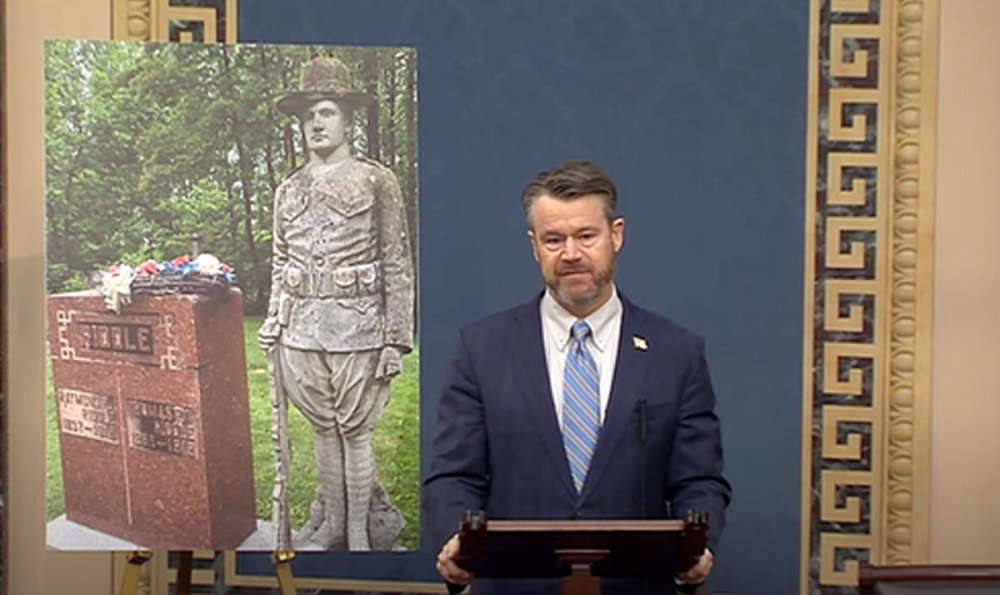
Ahead of Memorial Day, U.S. Senator Todd Young (R-Ind.) delivered remarks on the Senate floor about the importance of remembering those who paid the ultimate price for our country.
Young spoke about the life of Hoosier Thomas Forest Riddle and the Hoosiers in Monroe County who honored his service decades later by preserving a statue at his gravesite.
“Today, he shows wear – the brim of his hat is broken, the bayonet from his rifle is lost, part of his ear is missing and so are a few fingers. But Private Thomas Forest Riddle stands once more, and his memory remains. His watch continues, and our gratitude goes on. We remember Private Riddle and all who have given their lives for our freedom on this Memorial Day,” said Senator Young.
To watch Senator Young’s full floor speech, click here.
Senator Young’s full remarks, as prepared for delivery:
The worth of a nation can be measured by what it honors and what it neglects…
In a quiet spot among the rolling hills of Monroe County, Indiana, the statue of a young soldier keeps watch over a lonely cemetery.
The Doughboy stands at parade rest, campaign hat atop his head, canteen and trench dagger on his cartridge belt, Springfield rifle by his side.
Nearby, a wreath, ringed with red, white, and blue flowers, rests on a grave…
It was Americans like Private Thomas Forest Riddle who helped win the Great War.
But not without terrible sacrifice.
As we prepare to observe Memorial Day this year, we honor all Americans who have risked and given their lives for our liberty.
In April 1917, America formally entered World War I after votes in this building.
Two months later, Private Riddle, a 21-year-old farm boy from Unionville, reported for duty at a recruiting station in Martinsville, Indiana.
The first Doughboys deployed in the summer of 1917, but it wasn’t until the following year that the hastily mobilized and inexperienced American Expeditionary Forces, known as the AEF, arrived in numbers.
Private Riddle was assigned to Company D of the 12th Machine Gun Battalion, Fourth Division.
In June 1918, the battalion packed into the Aquitania and sailed for France.
That spring, the Germans determined to split the allied lines and make one final push towards Paris.
Private Riddle helped halt the enemy’s march and prove the AEF’s mettle.
When the American army launched its largest offensive on the front running from the Argonne Forest to the Meuse River, Private Riddle was among the 1.2 million soldiers who broke the German army’s spirit and forced its government to surrender.
The Americans’ initial arrival at the front was greeted with joy from civilians and soldiers alike.
A British nurse recalled the dignity of their march, the self-assurance on their faces.
They were “so God-like, so magnificent, so splendidly unimpaired in comparison with the tired, nerve-wracked men of the British Army” she wrote.
But they were not gods; they were hurriedly trained, untested boys asked to accomplish the seemingly impossible.
And they did…at enormous cost.
During that offensive, over 26,000 of them laid down their lives – the single deadliest campaign in our nation’s history.
The survivors suffered terribly too.
The sheer devastation of World War I and the trauma faced by those who fought it was unprecedented.
Miserable trenches and never-ceasing artillery assaults.
The terror of tanks and aerial bombardments.
Battle through barbwire and at the point of a bayonet.
Poison gases that blistered the skin, blinded the eyes, and damaged the lungs.
And the mental and physical trauma that accompanied it all – the exhaustion and confusion, the tremors, the nightmares.
Private Riddle survived Chateau Thierry and Meuse-Argonne.
But he was a casualty still.
Gassed and shell-shocked, he returned to Unionville, Indiana in February 1919 weakened in the midst of an influenza epidemic and was immediately stricken by the virus.
Sick, he laid in bed delirious, reliving the battles in broken sentences, recounting the shock of exploding shells.
He passed on February 21, 1919.
In an incredible tragedy, Thomas’s younger brother, Raymond, had died the day before, also taken by influenza.
They were preceded in death by a sister, Amanda, a month before.
It was their grandmother who paid $500 for a sculptor to create the likeness of Private Riddle in limestone to stand near his and Raymond’s graves in the cemetery behind Pleasant View Baptist Church in Unionville.
She did this, no doubt, so that her grandson’s sacrifice for our nation, which landed his name in Indiana’s Gold Star Honor Roll, would never be forgotten.
Whether they be in country churchyards, or on the National Mall, we build tributes to our soldiers for the same reason we celebrate Memorial Day.
Monuments, and a day of national reflection, are reminders of enduring debt.
They are warnings too: if we should forget our fallen, we will, in time, cease to be free.
Sadly, that warning is not always heeded.
In the summer of 2004, vandals snuck into Pleasant View Cemetery and smashed the statue of Private Riddle to pieces, breaking it at the knees, and severing its head.
This was not simply the destruction of a piece of art. Knowingly or not, it was the desecration of a promise.
We do not glory in war, but we do honor the glorious deeds of the men and women who, at the last resort, are called to defend our liberties.
The memory of those who do so is as sacred as our flag.
We stake our republic on a promise to honor them always, and of course to care for those they leave behind, and do everything in our power to prevent future Americans from joining their ranks.
It has been alleged throughout history that republics are ungrateful.
America has proven otherwise.
And if you doubt this, visit Pleasant View Cemetery in Monroe County, Indiana.
You see, the people of Unionville were heartbroken when the monument to Private Riddle was knocked down.
So, Edith Clark, the cemetery’s caretaker, paid $600 to have the sculpture restored and resurrected; then the community held a bake and yard sale to help her recover the cost.
Today, he shows wear – the brim of his hat is broken, the bayonet from his rifle is lost, part of his ear is missing and so are a few fingers.
But Private Thomas Forest Riddle stands once more, and his memory remains.
His watch continues, and our gratitude goes on.
We remember Private Riddle and all who have given their lives for our freedom on this Memorial Day.


 Plymouth Park Board approves 6-year Blueberry Festival agreement
Plymouth Park Board approves 6-year Blueberry Festival agreement
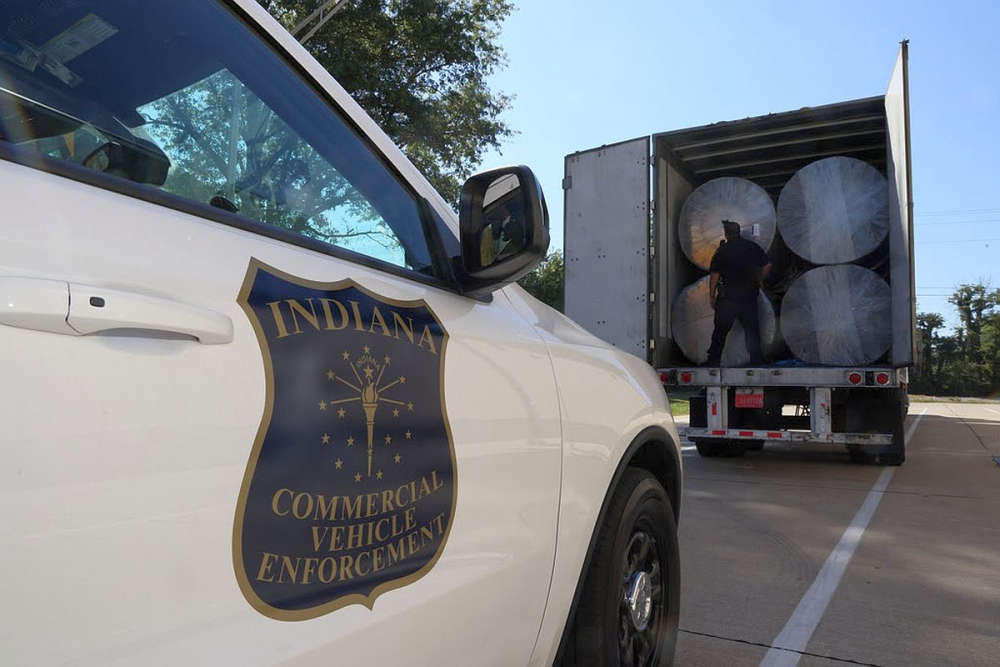 ISP Commercial Vehicle Enforcement Division Statistics
ISP Commercial Vehicle Enforcement Division Statistics
 Local business owner receives grant to renovate east side car wash
Local business owner receives grant to renovate east side car wash
 IN Reps. Jordan & Teska to appear at Third House Wednesday with Senator Bohacek
IN Reps. Jordan & Teska to appear at Third House Wednesday with Senator Bohacek
 City Police arrest two in separate incidents Monday and Tuesday
City Police arrest two in separate incidents Monday and Tuesday
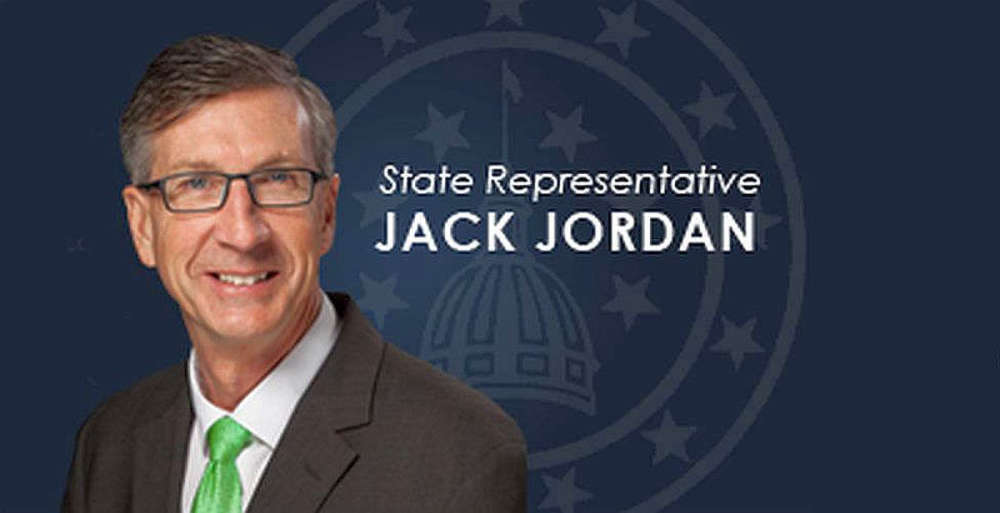 IN Rep. Jack Jordan: New study highlights Indiana's progress in career readiness
IN Rep. Jack Jordan: New study highlights Indiana's progress in career readiness
 Indiana is Open for Business: February’s Jobs and Wages Wins
Indiana is Open for Business: February’s Jobs and Wages Wins
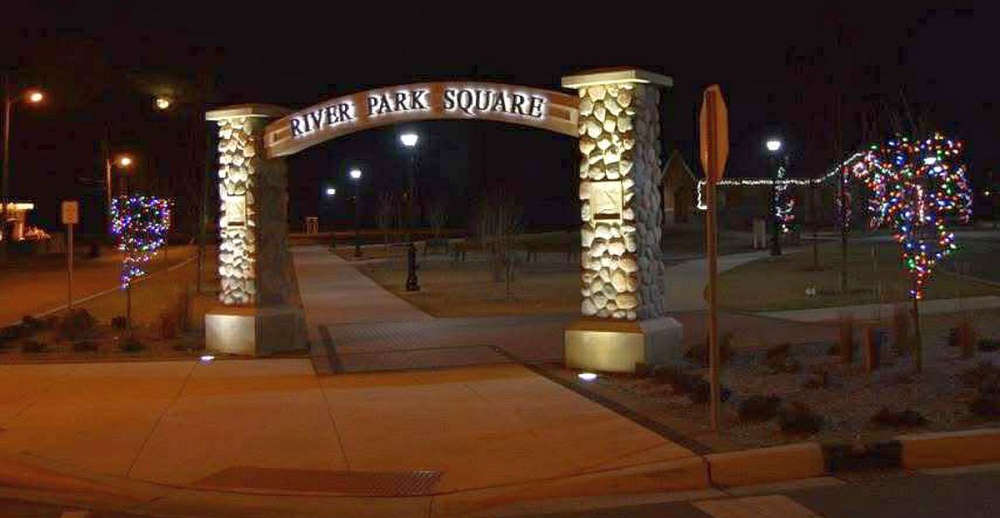 Plymouth Mayor announces Free Summer Concert Series Lineup
Plymouth Mayor announces Free Summer Concert Series Lineup


